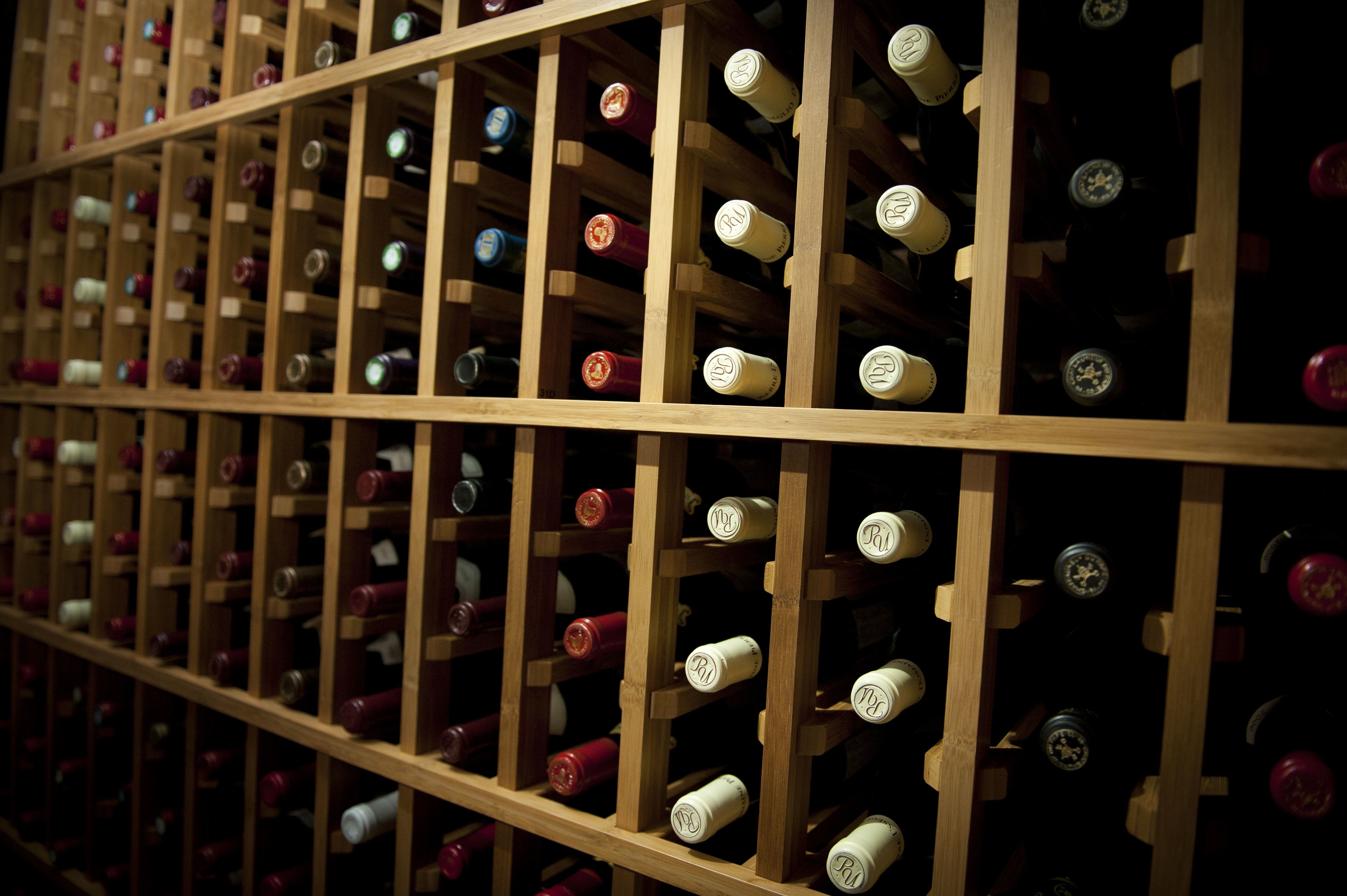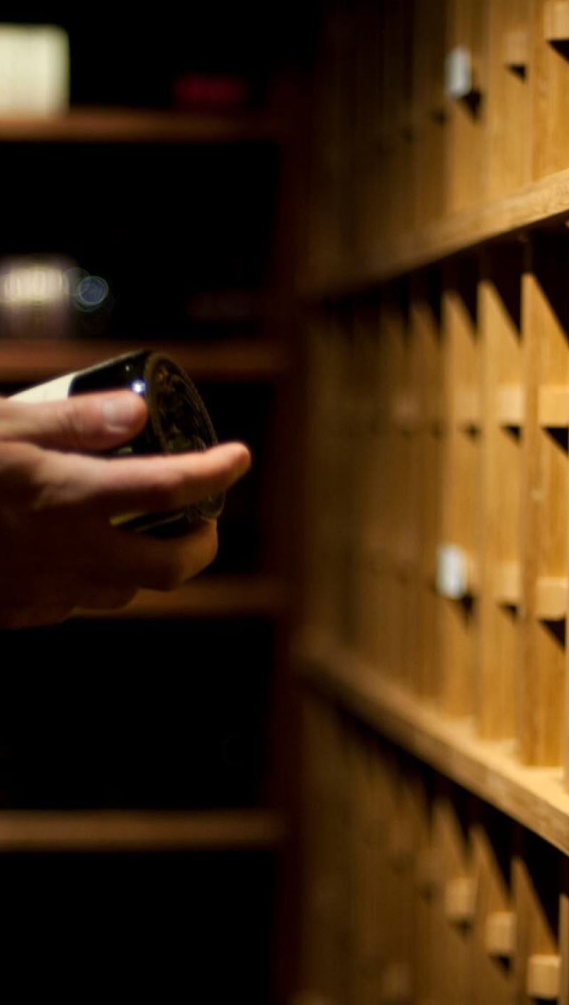
Whether your wine is in transit, at home or professionally stored, accidents and unforeseen events can pose risks to your collection. After all, wine is very delicate; its unique value lies in its fragility, encompassing aspects like bottle integrity, label preservation, cork condition and susceptibility to environmental fluctuations. It is essential that you take steps to protect it by preserving the characteristics and nuances that make it special. But how should you go about doing that?
Join our UOVO Wine experts as we explore how a combination of wine insurance and optimal storage conditions can help. By investing in wine collection insurance coverage and a high-quality wine storage facility, you can help safeguard both your wine and your investment.
Home Insurance and Wine Protection
When it comes to insuring your wine, standard homeowner’s insurance often covers theft or fire but may fall short in safeguarding against flood damage, power loss implications or wine stored off-site. Acquiring a separate fine wine insurance policy or endorsement from your insurer might bridge these gaps; for example, wine-in-storage insurance can help in cases of off-site storage. However, such options are limited and require thorough exploration with your insurance broker.
Insurance Policies for Wine Storage
Storage companies typically only reimburse losses due to gross negligence or misconduct, leaving other potential damages uninsured. Most storage companies don’t provide insurance, necessitating clients to seek separate coverage. When storage companies do provide loss protection, these policies should cover theft, fire, transit damage, flood protection, misplaced bottles, accidental breakage and cooling-related harm.
Unseen Risks and Cooling Loss
Cooling loss, while causing evident damage like broken glass or leaks, can also alter a wine’s character subtly over time, affecting its aging process. Insurance coverage for these nuanced changes might not be straightforward, leading to potential disputes during claims. Hence, assessing a storage company’s infrastructure, processes and equipment against cooling loss risks becomes crucial. Of course, heat loss resulting in frozen wine is also possible, and these risks should also be assessed.
Ensuring Wine Protection Through Provider Capabilities
Providers with redundant energy sources, access to emergency portable energy, multiple cooling units, and robust management and monitoring systems mitigate the impact of outages. If you’re looking into storing your wine in a wine storage facility, ensuring that it has these capabilities is essential. Help safeguard your wine investment by choosing a facility that offers complete protection.
Determining Your Coverage Needs
Assessing the value of your collection, understanding potential risks, and considering the storage environment’s reliability can all help you and your insurance broker determine your coverage needs.
For example, as discussed, energy source redundancy at a storage facility helps alleviate concerns related to brief outages. It stands to reason that if there are protection measures in place against the effects of outages, there is less risk involved than using a facility that has no such measures.
Ultimately, your coverage should be based on your wine’s replacement value. This data is something that your storage provider should be able to provide.
Contact Our Wine Experts
Protecting your wine investment demands a holistic approach that encompasses investing in wine cellar insurance or loss protection, as well as securing a dependable storage provider. Evaluating risks, understanding policy limitations, and ensuring the storage facility’s resilience against unforeseen events are key steps in safeguarding the precious value held within each bottle in your collection.
If you’d like to know more about our network of nationwide wine storage facilities and the measures we take to preserve our clients’ wine collections, contact our team. We’ll be happy to answer any questions you have.




